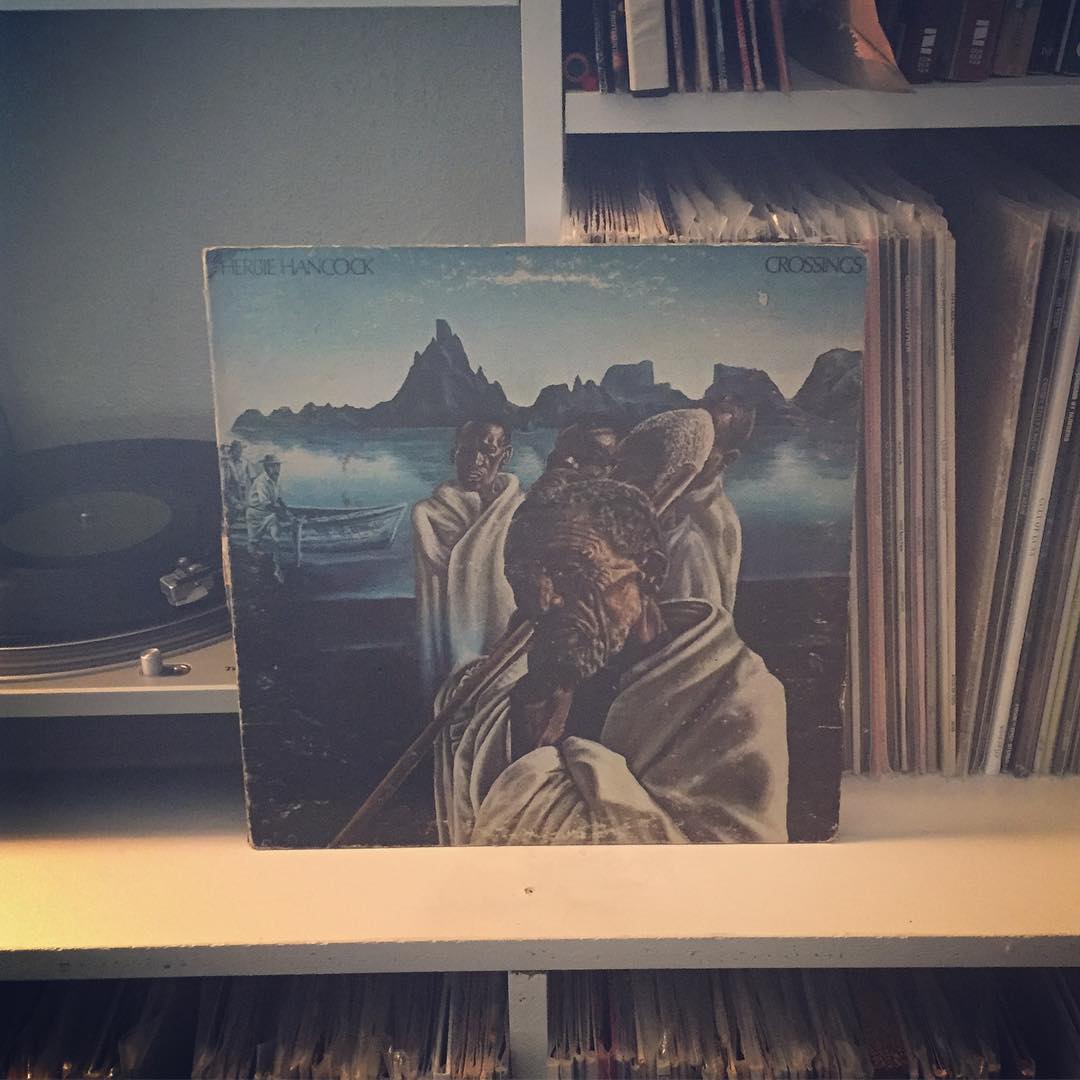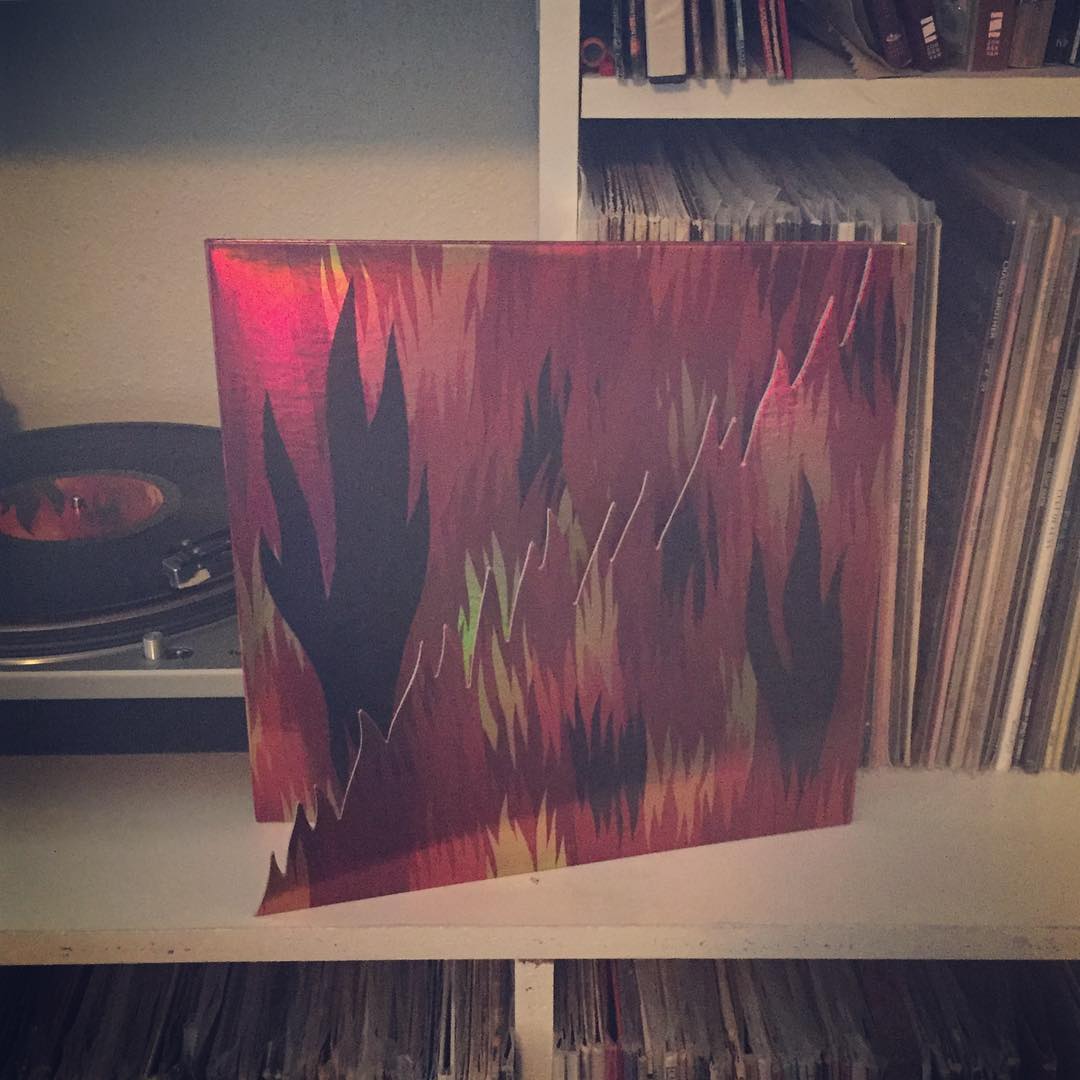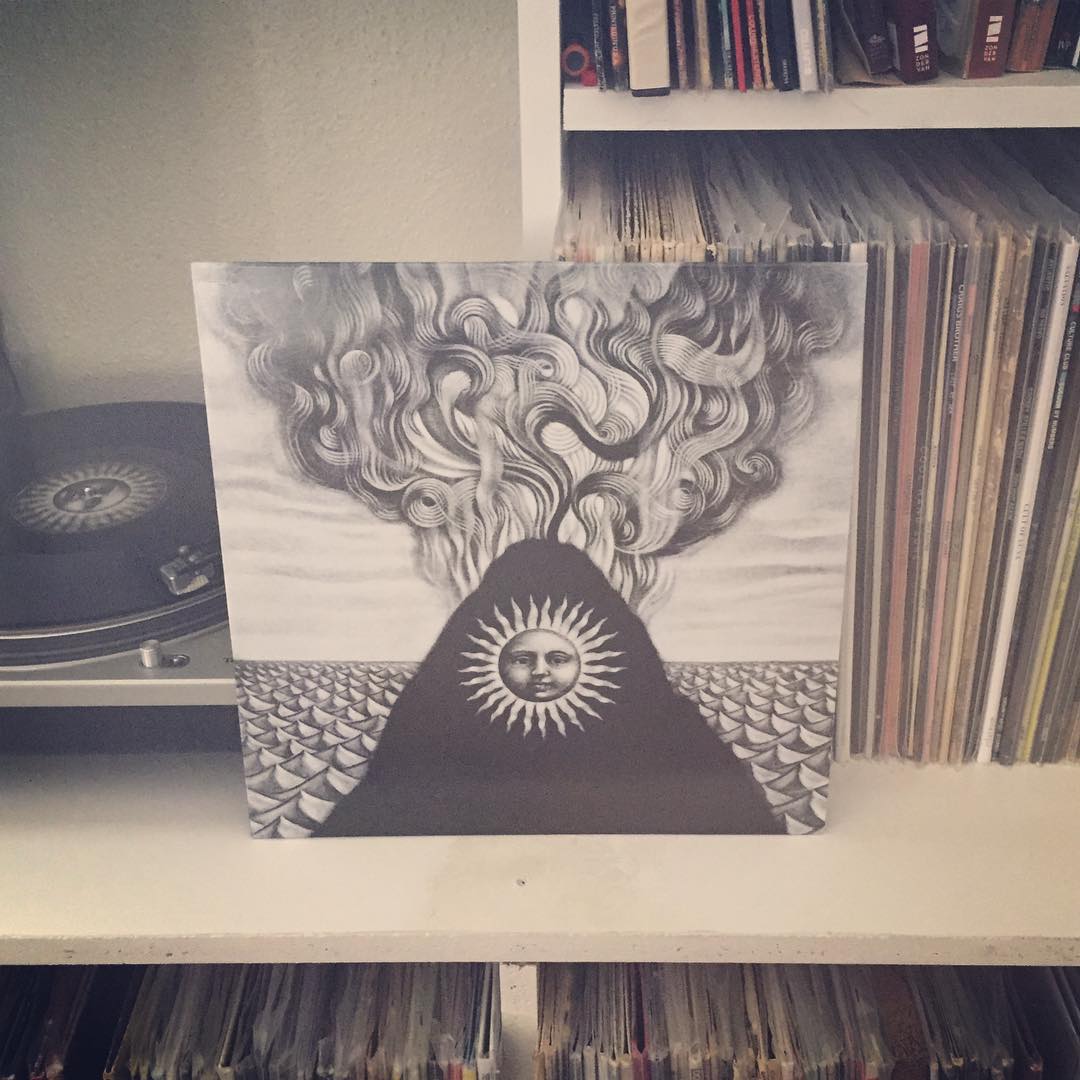
I first got into music back in the dial-up days. We didn’t have Spotify or Pandora; the closest thing we had to music streaming was our rich friend’s dad’s satellite radio. If we wanted to hear a specific song, we had to wait an hour or more to download it – yes, just one song. And there was nothing worse than spending hours waiting for a song to download, only for it to suck. Before adding anything to my Limewire queue, I needed assurance that it was gonna be worth it.
I spent hours a day poring over music sites, record label rosters, and liner notes, hoping to find bands that would be worth the download time.



 The last few months, in a completely unexpected move, I have developed a fascination with soft rock duo Hall & Oates. I had been somewhat familiar with their big radio hits—”Maneater,” “Kiss On My List,” “Rich Girl,” et al—but when I actually delved into their studio albums, I was surprised to find a much richer sonic palette than their radio hits suggested.
The last few months, in a completely unexpected move, I have developed a fascination with soft rock duo Hall & Oates. I had been somewhat familiar with their big radio hits—”Maneater,” “Kiss On My List,” “Rich Girl,” et al—but when I actually delved into their studio albums, I was surprised to find a much richer sonic palette than their radio hits suggested. Most of the conversation around
Most of the conversation around  Generally, I’m not much of a fan of greatest hits compilations. I see little value in stripping songs from the context of their albums.
Generally, I’m not much of a fan of greatest hits compilations. I see little value in stripping songs from the context of their albums.

